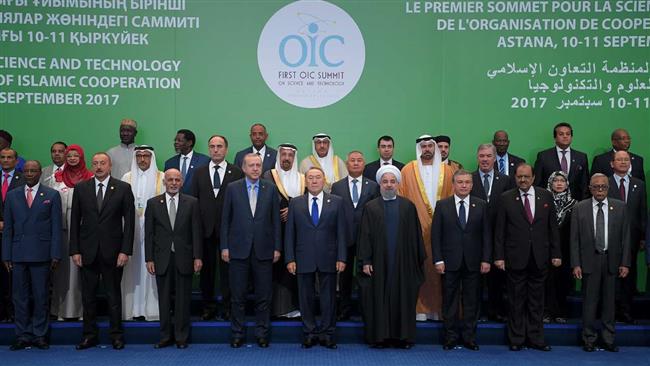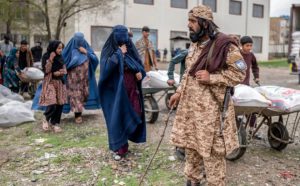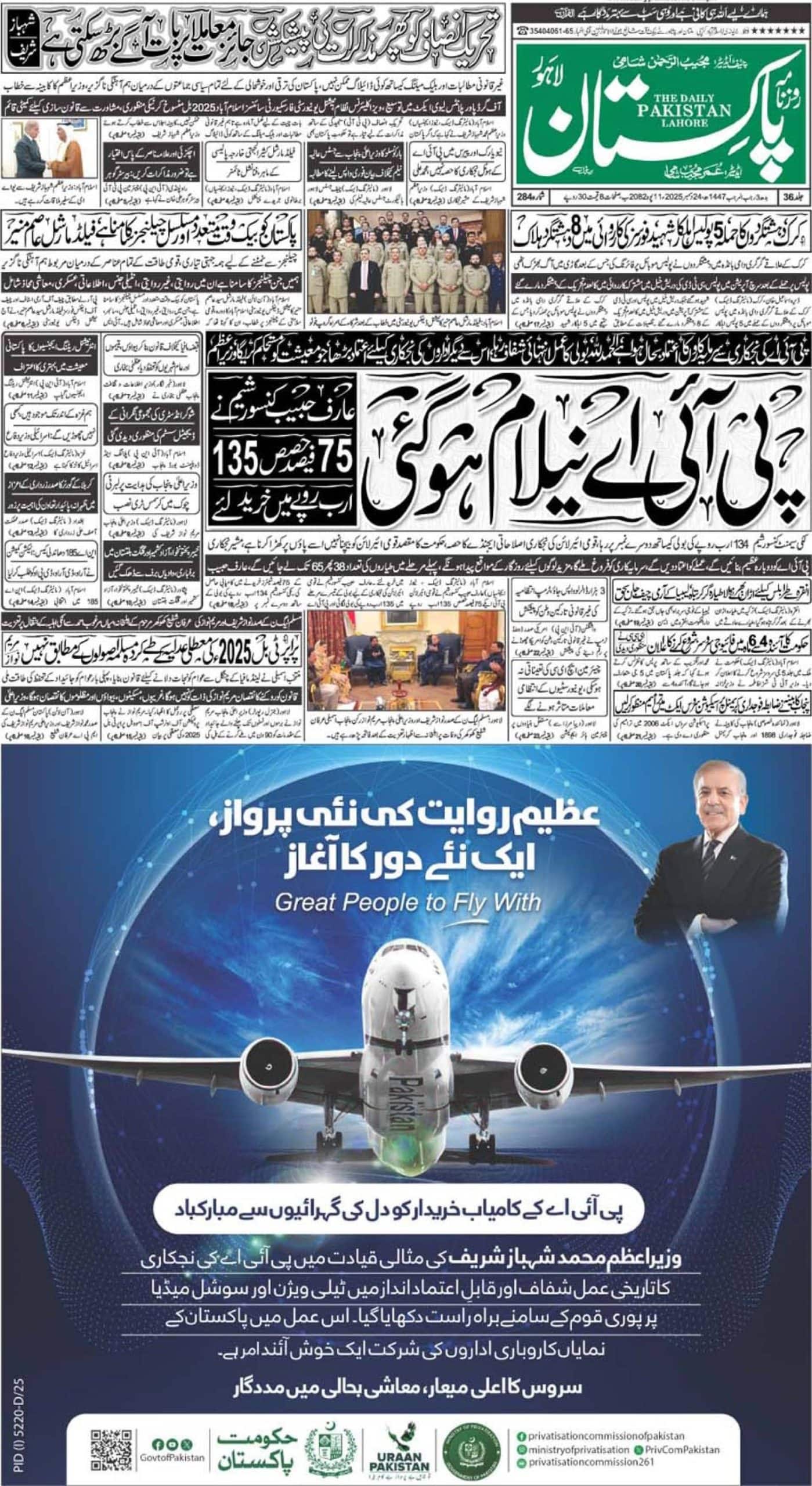ASTANA – The Organisation of Islamic Cooperation (OIC) on Sunday condemned Myanmar for ‘systematic brutal acts’ against its Rohingya Muslims asking it to accept international monitors.
The 57-member OIC, meeting in Astana, expressed “serious concern about recent systematic brutal acts committed by the armed forces against the Muslim community of Rohingya in Myanmar”.
The moot which was the first on science and technology also urged Buddhist majority Myanmar to accept UN monitors to carry out ‘a thorough and independent investigation of all established violations of international human rights … and bring those responsible to justice’.
The meeting called upon the government of Myanmar to eliminate the root causes, including the denial of citizenship based on the 1982 Citizenship Act which led to statelessness and deprival of the rights of the Rohingyas, according to the OIC Chairman’s summary report of the meeting.
The report also indicated that the OIC members urged the Myanmar government to take urgent measures for a sustainable return of Rohingya refugees and internally and externally displaced population to their homeland, Rakhine State.
The meeting also welcomed the recommendations of the Rakhine Advisory Commission headed by Kofi Annan, on the issue.
Additionally, OIC leaders also called on the member states to join the efforts of the international community towards lifting all restrictions on freedom of movement in Rakhine State and ensuring an inclusive and transparent citizenship verification process that leaves no individual unregistered nor hinders their access to essential social services, including education and health care.
The leaders also expressed concerns over the exodus towards Bangladesh and its humanitarian and security consequences for the Government of Bangladesh, but at the same time lavished praise on the host country’s assistance and aid extended to the refugees.
The current OIC chief is Turkish President Recep Tayyip Erdogan, who has been one of the most vocal leaders across the Muslim world asking the Suu Kyi led state to stop violence and urging Bangladesh to open its doors to Rohingya Muslims with a promise of financial compensation in reward.
https://en.dailypakistan.com.pk/headline/astana-president-mamnoon-urges-unity-in-muslim-world-at-first-oic-summit-on-science-technology/
Apart from Erdogna, Iranian President Hassan Rouhani and Afghan leader Ashraf Ghani were among the other heads of state who attended the summit hosted by Kazakhstan and the Central Asian country’s veteran autocrat Nursultan Nazarbayev.
Although Muslims in the Buddhist majority state are reeling under constant terror ever since the 1982 General Ne Win’s government enacted the Burmese nationality law but a fresh spree of violence sparked international controversy on August 25 when a few insurgents attacked dozens of police posts and an army base.
The attacks triggered a sweep by the Myanmar security forces, in which refugees and right groups say many innocent Rohingya have been targeted.
The recent deadliest violence in Myanmar’s north-west has so far claimed nearly 400 lives, with the army claiming it is conducting operations against “extremist terrorists”.
The region has witnessed tension between its Buddhist and Muslim populations since communal violence broke out in 2012.
By comparison, communal violence in 2012 in Sittwe, the capital of Rakhine, led to the killing of nearly 200 people and the displacement of about 140,000, most of them Rohingya.
Myanmar, formerly known as Burma, evacuated more than 11,700 “ethnic residents” from the area affected by fighting, the army said, referring to the non-Muslim population of northern Rakhine.
The treatment of Myanmar’s roughly 1.1 million Rohingya is the biggest challenge facing national leader Aung San Suu Kyi, accused by some Western critics of not speaking out for a minority that has long complained of persecution.
The plight of the Rohingyas has triggered broad international condemnation of Myanmar and the country’s Nobel peace prize laureate leader Aung San Suu Kyi.













